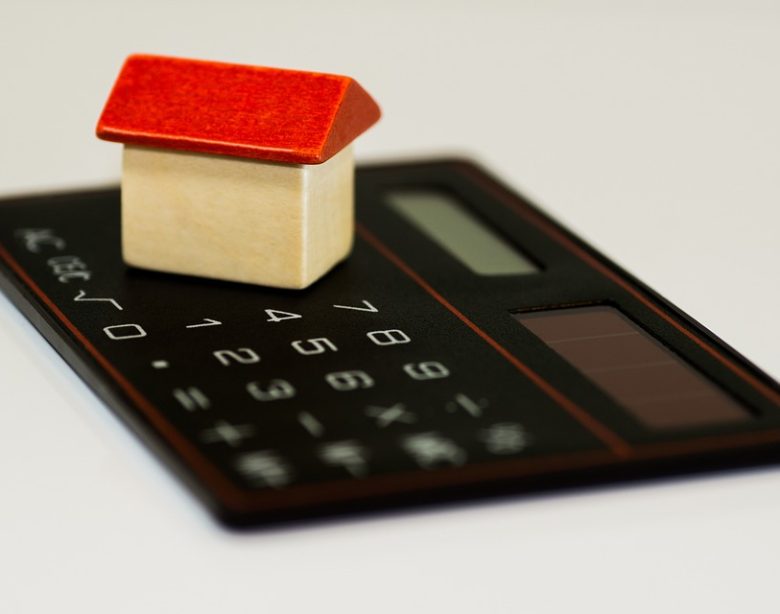Buying a home is one of the most significant financial decisions most people make in their lives. However, getting caught up in the excitement and overspending is easy, leading to financial strain in the long run. In this blog post, we will discuss tips on avoiding going over your budget when buying a home and making a smart financial decision.
1) Determine Your Budget
The first step to avoid going over your budget when buying a home is to determine your budget. This will help you know how much you can afford and prevent you from overspending. Consider your income, monthly expenses, and debts when determining your budget. This will help you determine how much you can afford to spend on a home.
2) Get Pre-Approved for a Mortgage
Before you start house hunting, getting pre-approved for a mortgage is essential. This will give you an idea of how much you can borrow and prevent you from overspending. When you get pre-approved for a mortgage, you will receive a letter from a lender stating the maximum amount you can borrow. This will help you focus on homes that fit your budget and prevent you from getting in over your head.
3) Consider All the Costs
When buying a home, it’s essential to consider all the costs associated with homeownership. This includes the purchase price and the ongoing costs of maintaining and owning a home. Some of the expenses you need to consider include property taxes, homeowner’s insurance, maintenance, and repairs. It’s essential to factor in these costs when determining your budget and avoid overspending.
4) Avoid Impulse Purchases
When house hunting, it’s easy to get caught up in the excitement and make an impulse purchase. However, this can lead to overspending and financial strain in the long run. It’s essential to take your time, do your research, and make a smart financial decision. Consider your budget, the cost of owning and maintaining the home, and the location before making a purchase.
5) Work with a Real Estate Agent
Working with a real estate agent can help you avoid overspending when buying a home. A real estate agent can help you find homes within your budget and negotiate the best price. They can also provide valuable advice on the local market, the home-buying process, and financing options. A real estate agent can be an essential ally when it comes to making a smart financial decision.

6) Don’t Get Emotionally Attached
It’s easy to get emotionally attached to a home, but this can lead to overspending. When house hunting, keeping your emotions in check and making a smart financial decision is essential. Consider your budget, the cost of owning and maintaining the home, and the location before purchasing. Don’t get caught up in the excitement of a home and overspend.
7) Be Willing to Walk Away
When house hunting, it’s essential to be willing to walk away from a home that’s outside of your budget. Don’t let the fear of missing out or the excitement of a home cloud your judgment. Be willing to walk away from a home that’s not within your budget and find a home that fits your financial situation.
Buying a home is a significant financial decision, and avoiding overspending is essential. By following these tips, you can make a wise financial decision and avoid going over your budget when buying a home. Determine your budget, get pre-approved for a mortgage, consider all the costs, avoid impulse purchases, work with a real estate agent, don’t get emotionally attached, and be willing to walk away.



